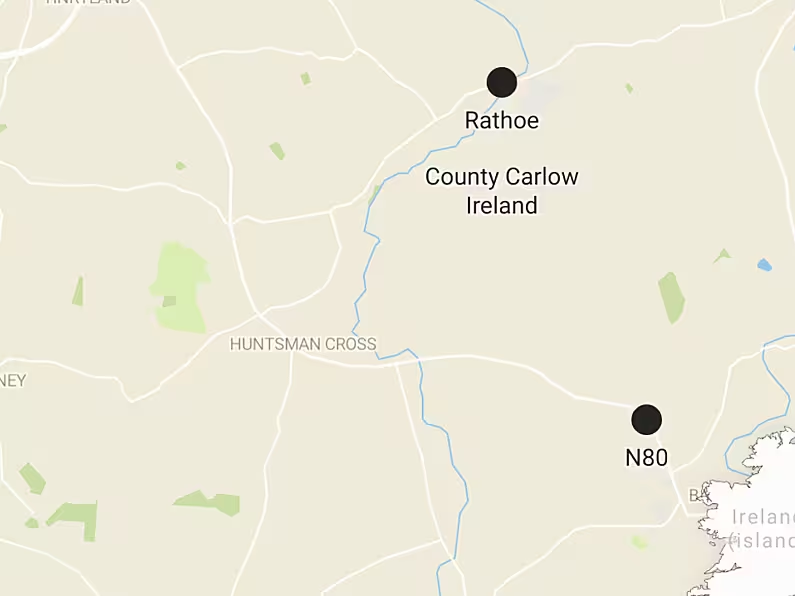Just one quarter of private renters are renting by choice in Ireland, according to a new survey by national housing charity Threshold.
More than half (56 per cent) of respondents to Threshold’s Tenant Sentiment Survey 2021 said they rent because they are unable to buy their own home. A further 12 per cent said they rent because they cannot access social housing.
The majority of those renting by choice were aged between 18 and 24 years old, with 43 per cent of renters in this cohort saying they do so by choice.
However, the majority of 25 to 34-year-olds (55 per cent), 35 to 44-year-olds (68 per cent) and 45 to 54-year-olds (50 per cent) said that they rent because they are unable to buy their own home.
No respondents over the age of 54 stated that they rent by choice.
Locked in
The charity’s survey also found that while most renters would prefer to own their own home, most expect that they will not be able to do so within in the next five years, with many feeling locked in to renting.
61 per cent of respondents said they would like to own their own home in five years’ time, but just 30 per cent expect they will be able to.
Similarly, just a fifth (20 per cent) said that they wish to remain renting in five years’ time, but 41 per cent expect to remain in the scenario.
Chairperson of Threshold, Aideen Hayden, said: “This shows us that there is a huge gap between people’s aspirations and their expectations, as well as a lack of faith in the ability of the current housing system to meet these expectations.
“The finding that the vast majority of renters over the age of 24 would prefer not to rent is quite stark. As renters get older, the cost and long-term insecurity they face is a real challenge for them and, ultimately, for society.
“We are at a crossroads, with a huge shortage of affordable housing to buy or rent – most of our clients just don’t see a future that gives them what they need.”
Security of tenure
When asked how secure they felt in their home, less than half (47 per cent) of respondents said that they feel secure. A third (31 per cent) said they do not feel secure and 17 per cent feel neither secure nor insecure.
“It could be easily assumed that a tenant who has rented from a landlord for an extended period of time would be more likely to have a positive relationship with the landlord,” said Ms Hayden.
“To the contrary, however, it appears that tenants who have been renting longer may be regarded as more ‘seasoned’ tenants and thus, more likely to challenge their landlord, which often negatively affects the relationship.”
Ms Hayden also pointed to a “high rate of churn” and instability, with the majority of renters moving homes frequently.
While the majority (79 per cent) of respondents have lived in the private rented sector for five years or more, only 22 per cent have lived in their current home for that length of time. Over half of respondents are in their current home less than two years.
Asked why they had left their last rented home, 42 per cent of respondents stated that they had left as a result of action by the landlord — the most common factor being the landlord’s intention to sell.
Difficulty
88 per cent of respondents said that, in their experience, it was difficult or extremely difficult to find a secure home in the private rented sector.
One respondent said that they had contacted over 200 landlords before finally securing a home, while five respondents stated that they faced discrimination on racial grounds, and/or because they were eligible for the Housing Assistance Payment (HAP).
While respondents across all family types indicated difficulty in securing a home, one-parent families were most likely to find it extremely difficult to find rental accommodation (90 per cent), followed by two-parent families (83 per cent), singles (54 per cent) and couples (46 per cent).
51 per cent of respondents to Threshold’s survey also stated that they are paying more than 30 per cent of their income on rent.
Renting is no longer the stepping stone to home-ownership that it once was for many
CEO of Threshold, John-Mark McCafferty, said: “For those on higher incomes, paying more than 30 per cent of income on rent may have little impact on their disposable income.
“However, respondents on lower incomes were more likely to be paying a higher proportion of their take-home pay on rent. When bills and other payments are factored in, some renters could face a situation where they have very little money left over for other basic living expenses.”
Mr McCafferty said the findings of the new survey “expose the lack of security of tenure, the poor standards and the high rents that we already know are making the private rented sector an undesirable place to live.”
“In its current form, it cannot offer a home for life. The Government must recognise that renting is no longer the stepping stone to home-ownership that it once was for many; changes must be introduced to make the private rented sector a viable housing option for all,” he said.
Threshold surveyed a total of 222 of its clients between March and April of this year by phone for its 2021 tenant sentiment survey.












